From its earliest incarnation as Florence’s first school for watchmakers to its groundbreaking work in the maritime world, Panerai has been something a cult favourite for the modern man-about-town, who favours its distinctive design elements married with utility and inventiveness.
And so, to celebrate the brand’s inimitable style and sprezzatura, Gentleman’s Journal has partnered with the illustrious watchmaker to create an in-depth guide to effortless Italian living.
Always know your coffees
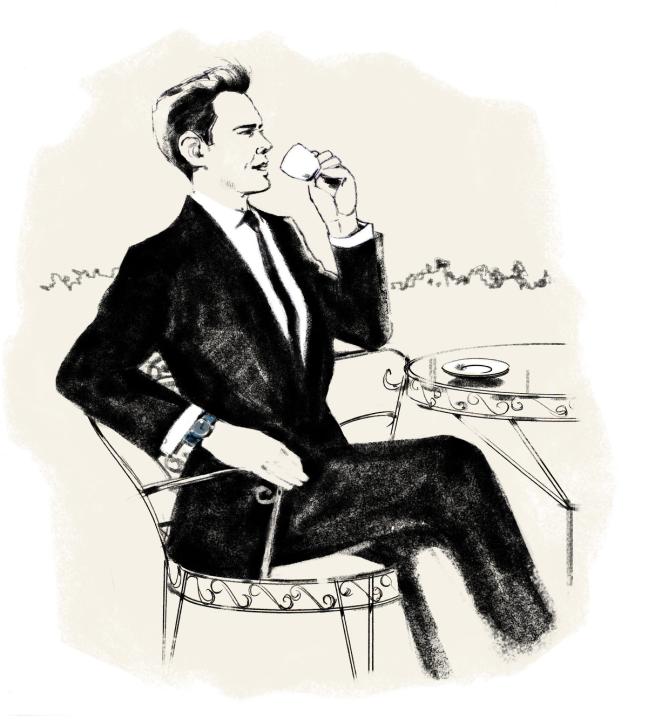
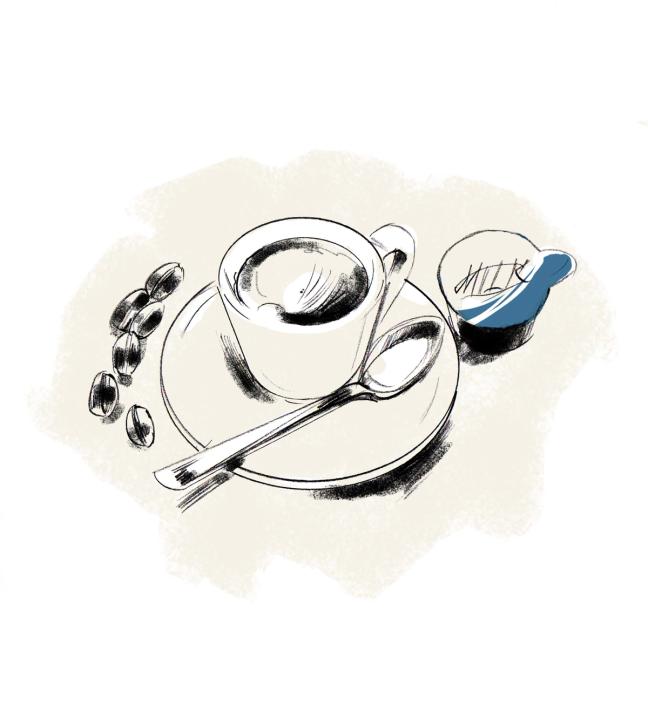
Coffee is the lifeblood of the modern man about town — a fortifying drink in the natural lulls of work and play; a social currency accepted everywhere. In Italy, of course, entire industries and relationships are built on this black gold, and the Italians have arranged a dizzying lexicon to match its many moods.
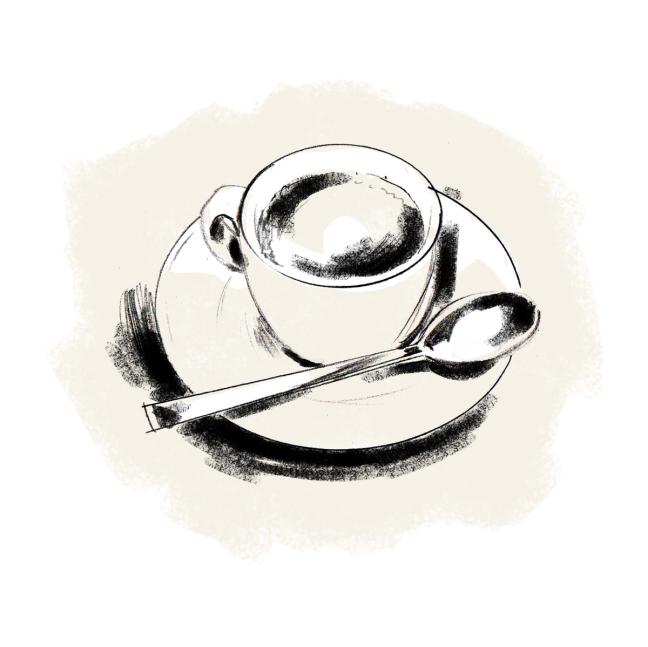
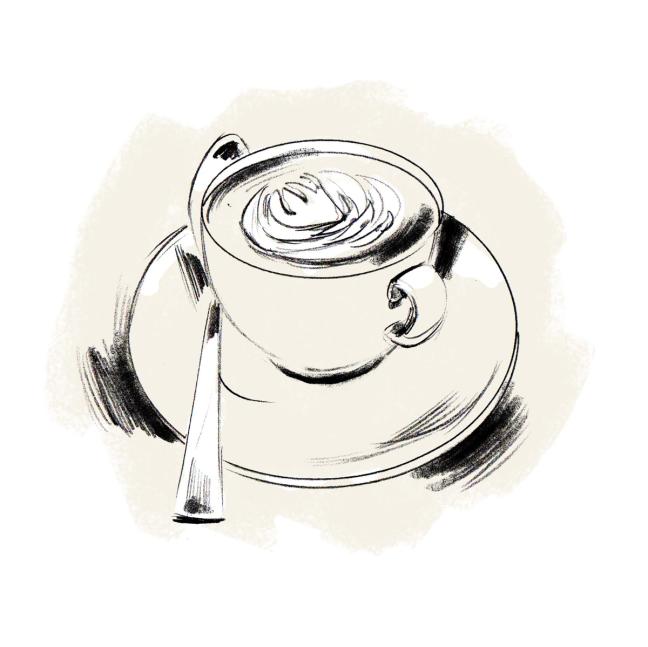
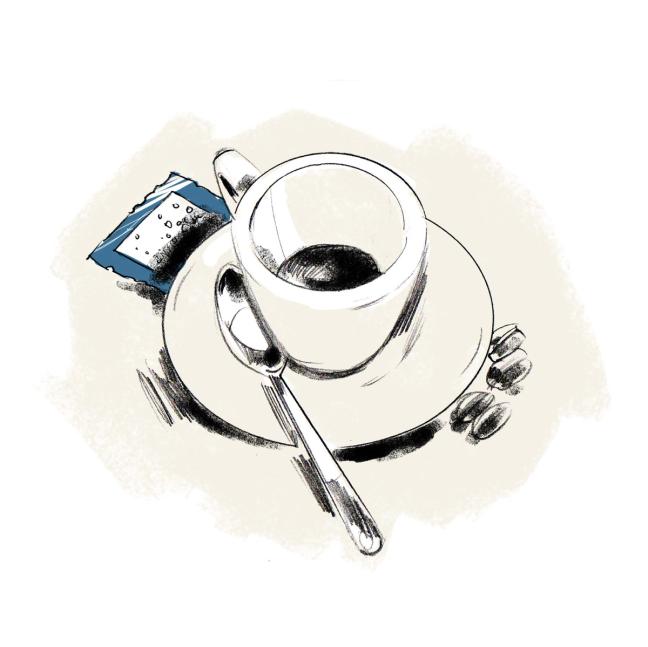
Caffè Americano — A coffee prepared by adding hot water to an espresso. The name is said to originate from the Second World War, when American G.I.s in Italy would dilute their potent morning coffees with water.
Ristretto — A ristretto is the bolder, smoother little brother of the espresso — a short shot prepared with the normal amount of ground coffee but extracted with about half the amount of water in the same amount of time by using a finer grind.
Cappuccino — A cappuccino is composed of a double espresso mixed with steamed milk, and then leavened by a top third of foamed milk. The name derives from cappuccio, meaning ‘hood’, in reference to the Capuchin monks, and a proper cappuccino is as enigmatic and enveloping as its namesake.
Brush up on some Italian phrases

English may be the international language of diplomacy, but Italian, surely, is the lingua franca of passion. Rippling, bubbling, clattering with the pace and purpose of a Ferrari 375, the Italian tongue can convey, in its shrugs and intonations, far more urgency and playfulness than any Anglo Saxon phrasing. Here are the Italian words and phrases that no Englishman should be without.
In bocca al lupo (Into the mouth of the wolf) — In Italian it is bad form to wish somebody ‘good luck’. Instead, you should declare “in bocca al lupo!”; to send somebody off into the wolf’s mouth, or into the depths of their challenge.
Conoscere i propri polli (To know your chickens) — This expression means to have an in-depth knowledge of those around you. Knowing his chickens, an Italian gentleman knows to expect his always-late friend to arrive in a hurry to lunch.
Non avere peli sulla lingua (To not have hair on your tongue) — Those without hairs on their tongues speak bluntly and directly, and don’t hold back even when the truth hurts.
Learn to take care of your watch and strap
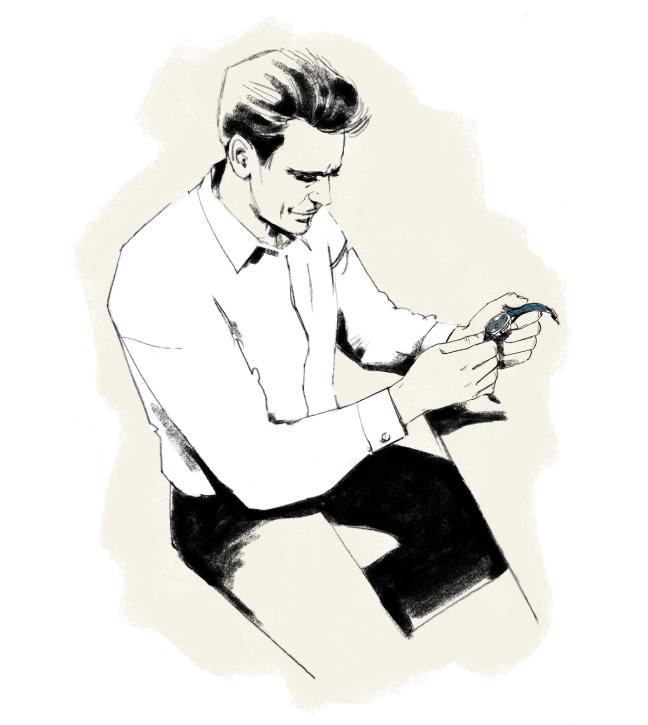
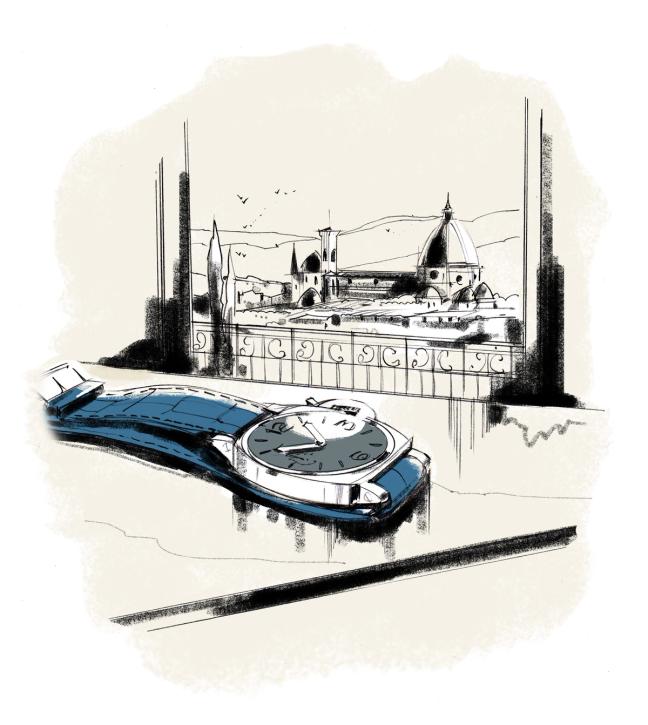
Your Panerai watch is like a Riva speedboat or a vintage Alfa Romeo – a finely tuned, highly charged machine that requires care and expertise to perform at its astonishing best. Here’s our guide to keeping things ticking along nicely.
Get your movement checked. It’s important to have the movement of your watch checked periodically by an Authorised Panerai Service Centre so as to maintain its perfect operation — in this modern world, every second counts. If the watch tends to gain or lose time significantly, the movement may need to be overhauled.
Clean the exterior. If beauty is only skin deep, then it makes sense to keep one’s surfaces in fine fettle. To maintain a beautiful exterior, we recommend washing your Panerai watch with soap and warm water only, using a soft brush. After cleaning — and after bathing in the sea or a swimming pool — carefully rinse your watch with clean water.
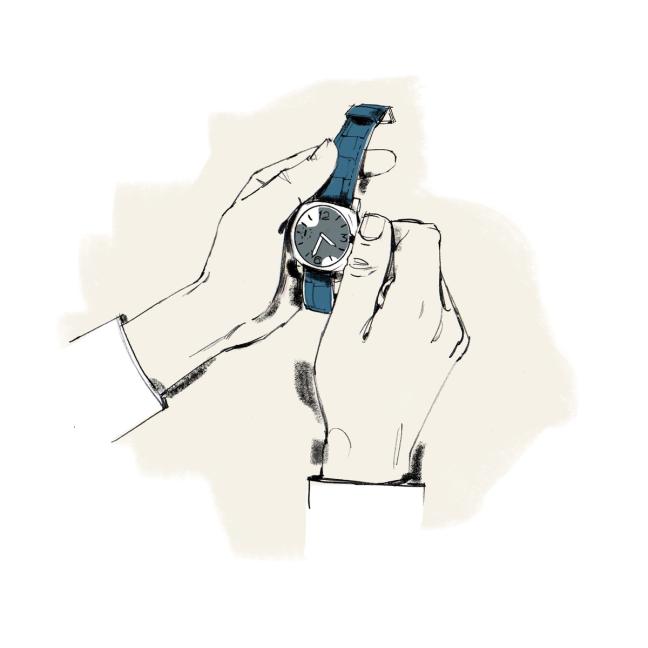
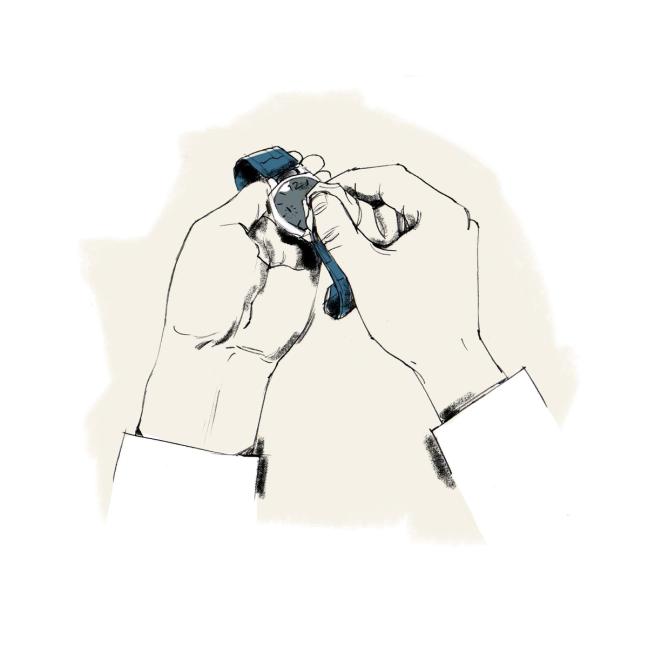
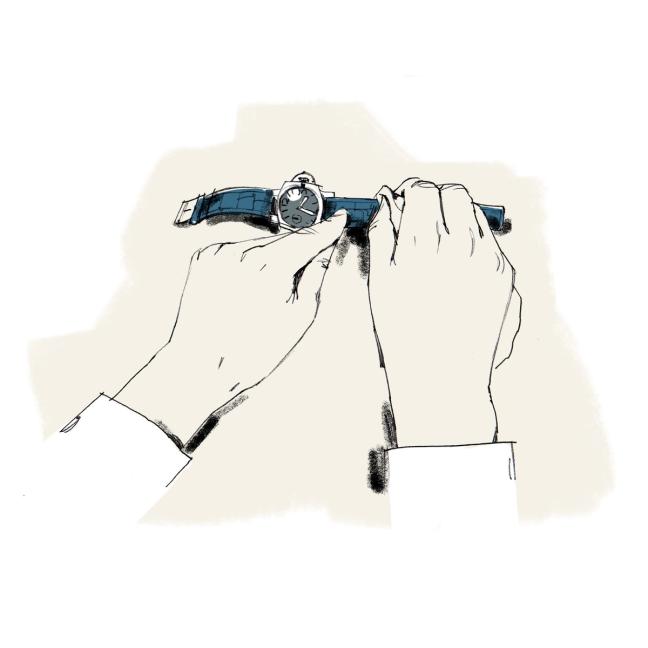
Care for your strap. Panerai straps are made from the finest leather, and should thus be treated like any luxury leather good. Panerai straps should be washed in warm water and left to dry at their own pace — don’t put them on a hot surface or in direct sunlight, as the rapid evaporation of the water could damage their shape and quality. And, after each plunge into the sea or a swimming pool, carefully rinse the strap with clean water.
Learn to mix the perfect Negroni

At its best, the Negroni is an intoxicating marriage of British and Italian spirit in a single glass. The cocktail’s roots, however, are embedded firmly in Florentine folklore. It’s said that the drink came about in 1919, when Count Camillo Negroni asked his friend, bartender Forsco Scarselli, to strengthen his Americano cocktail by replacing the soda water with gin and adding orange. Here’s how to emulate the original recipe.
Mix one part aromatic Nicholson’s London dry gin with one part red vermouth and one part Campari. Combine these ingredients over ice in a rocks glass and stir — it’s a recipe so simple that you could manage it in a power cut, during a storm, or, in fact, after five Negronis. But what a recipe. Bitter yet rounded, dry yet warming, immediate yet enduring. And don’t forget that orange peel twist to garnish.
Dress (and act) with sprezzatura style

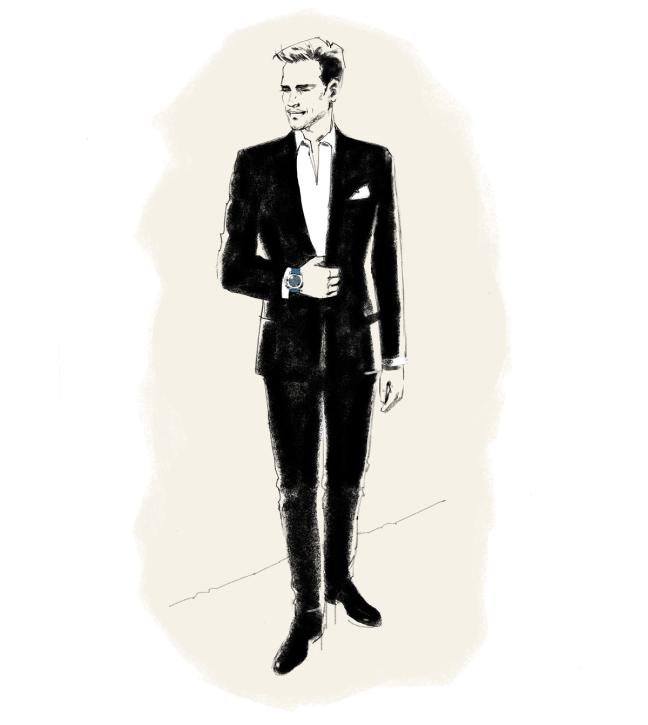
In 1528 Baldassarre Castiglione published Il Cortegiano (The Book of the Courtier) to describe the ideal man about court — how he should speak, dress and behave. In this early how-to guide for the renaissance gentleman, Castiglione coined the term sprezzatura to describe gentlemanly behaviour.
Without a direct translation, sprezzatura is possibly best interpreted as “studied nonchalance” — the art of performing a difficult task in such a way as to make it appear effortless. Always appearing graceful and never looking flustered, sprezzatura is a performance in not betraying the behind-the-scenes work underneath an Italian gentleman’s achievements.
A gentleman never betrays how much work went into his carefully prepared outfit, or how much organisation went into hosting his last-minute dinner party. He never reveals how he obtained those impossible-to-get dinner reservations, or delivered that crucial project ahead of the deadline. Instead, he acts with discretion and doesn’t boast or brag about his work. To him, sprezzatura is not simply a dress code — it is a code for living.
Now you’ve achieved the pinnacle of Italian style, now brush up on your poolside etiquette…
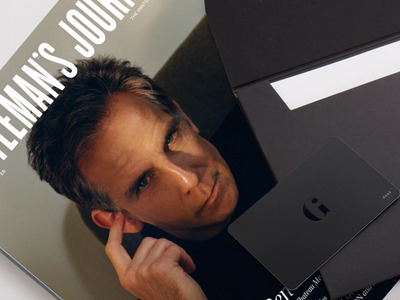
Become a Gentleman’s Journal Member?
Like the Gentleman’s Journal? Why not join the Clubhouse, a special kind of private club where members receive offers and experiences from hand-picked, premium brands. You will also receive invites to exclusive events, the quarterly print magazine delivered directly to your door and your own membership card.


